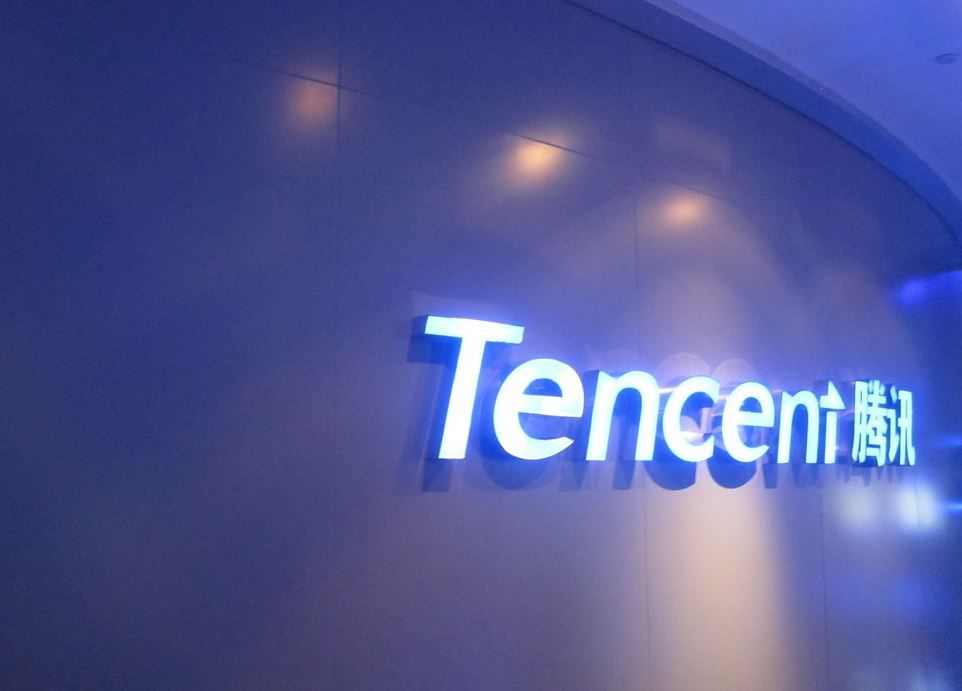As regulatory scrutiny of non-fungible tokens (NFTs) increases in China, the non-fungible token (NFT) platform Huanhe owned by Chinese internet giant Tencent Holdings will no longer make digital collectibles available to the general public, the company said on Tuesday.
The Shenzhen-based business has announced that as of Tuesday, customers would no longer get new NFTs from the Huanhe platform, which had its formal debut in early August of last year. However, the corporation has said that customers who already own collectibles would be allowed to keep their items, put them on display, or ask for a refund for their purchases.
Tencent announced in a statement that the firm is making changes to its business “based on the company’s assessment to concentrate on its core strategy.” Huanhe is the company that is implementing these changes.
Huanhe is one of the most popular NFT platforms in China; as a result, newly released collectibles often sell out as soon as they are released.
Tencent is making a significant exit from the NFT sector with this decision, which comes at a time when Chinese authorities are putting a greater emphasis on monitoring the industry. In recent years, the concept of digital collectibles in the form of NFTs has exploded in popularity all over the globe. This is largely attributable to the proliferation of an active and highly speculative secondary market.
Tech heavyweights like Tencent and Ant Group, among others, reached a contract in June to ban the secondary trade of digital artefacts and “self-regulate” their actions in the market. This came after state media frequently highlighted difficulties surrounding NFT speculation in the nation.
The impending closure of Huanhe was first brought to public attention by the Chinese media one month ago. Tencent did not provide any further information on the Huanhe brand in the statement that it released on Tuesday.
Chinese IT behemoths have approached their own NFT platforms on the mainland with extreme caution. Instead of using the term “native financial tokens,” the majority of domestic platforms refer to these assets as “digital collectibles.” This is done in an effort to differentiate them from cryptocurrencies, which are illegal in China.

